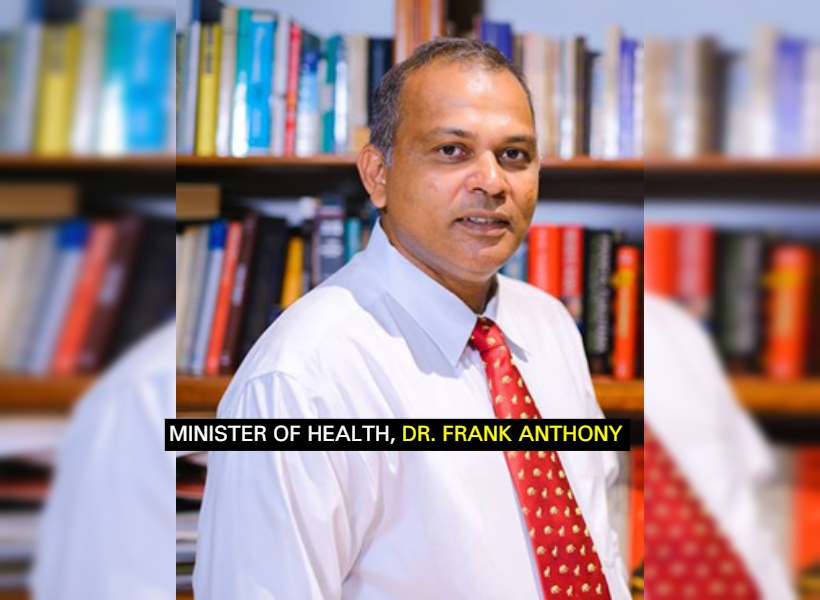Guyana’s Health Minister, Dr Frank Anthony says that there is an urgent need to close the vaccine gap between developed countries and poorer States. He was at the time speaking at the World Forum for Ethics in Business.
He noted that for the world to exit the pandemic and return to normalcy, a lot of hope has been placed on vaccines, diagnostics and therapeutics. Vaccines offer the hope of reaching herd immunity and thereby containing the spread of the disease.
“Unfortunately, vaccine nationalism has distorted the supply and deployment of vaccines,” he said.
The Minister, in quoting an article in the New England Journal of Medicine, titled “from vaccine nationalism to vaccine equity”, noted that current global vaccination rates of roughly 6.7 million doses per day translate to herd immunity (70 to 85% of the population having received a two-dose vaccine) in approximately 4.6 years.
He added that vaccine distribution remains nonexistent in many of the poorest countries, and experts anticipate that 80% of the population in low resource settings will not receive a vaccine this year.
While the article calculates that it will take 4.6 years to get to an epidemiological end of this pandemic, many rich countries are on target to reach herd immunity by the end of 2021, he said.
He added that there is uncertainty about when poorer countries will get there.
“The theme for this year’s world health day is building a fairer and healthier world. To do so, we urgently need to close the vaccine gap between rich and developing countries. Failure to do so will create more opportunities for the emergence of variants, reinfections, and new forms of discrimination between vaccinated and non-vaccinated,” he stressed.
Dr Anthony said that the urgency of the times demands that countries not only advocate, but take concrete actions to make a difference, such as expedited approvals and Emergency Use Listings of vaccines by the World Health Organisation (WHO).
He added that COVAX needs to go beyond 20% for 2021, and needs to improve logistics of moving vaccines promptly.
“Richer countries that have secure surplus vaccines should share with poorer countries. Therapeutics (monoclonal and polyclonal antibodies) that are given EUA and have passed the clinical trials should be shared with poorer countries to enhance treatment options. A global system to track variants, enhancing access to gene sequencing for poorer countries,” he said.
He expressed hope that organizations such as the World Forum for Ethics in Business would help shift the prevailing attitude from vaccine nationalism to vaccine equity, where all countries can race to herd immunity in the shortest possible time.













